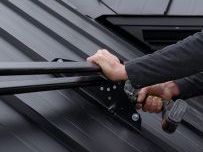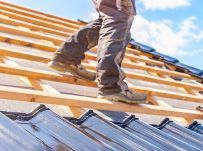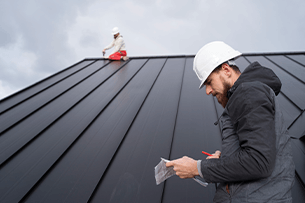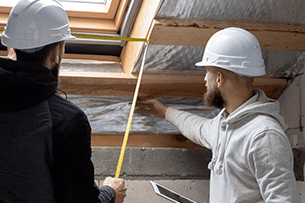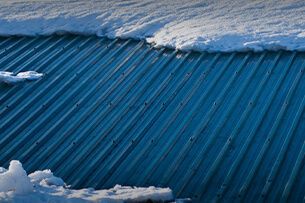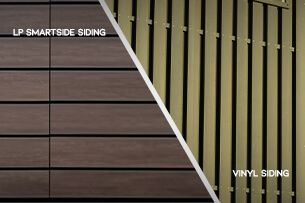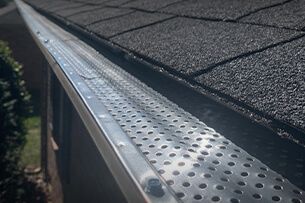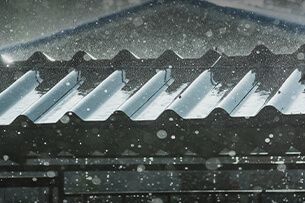How Often Should You Replace Your Roof?
Roof, despite being an integral part of our home is often overlooked when it comes to cleaning and maintenance. A lot of homeowners usually don't take notice of their roof condition unless it begins to leak or disintegrate. The National Roofing Contractors Association advises frequent assessment for any issues twice a year. For basic roof checks, you may undertake a DIY process. However, for a thorough and holistic approach towards roof maintenance, it is advised to get in touch with professional roof contractors.
The professionals will give you a comprehensive idea on:
- Broken, loose, or cracked shingles
- Lack of shingles
- Sagging Rot or mould
- Indications of water leaks or damage
- Voids or dark areas
A bi-annual inspection can identify minor issues before they grow into leaks or catastrophic roof failures. The roof needs to be maintained, and visual inspections should be done frequently. Instead of dealing with a collapsed roof and substantial damage later, it is preferable to pay for a little repair. Let's now try to understand the durability and lifespan of roofs of various kinds.
The core framework should be strong and well-maintained to withstand the intended lifespan of the roof. However, a complete replacement may be required depending on the materials used to cover the roof. If the roof is composed of concrete, regular checks for cracks and other damage are all that are required. Tile roofs also last a very long time before needing to be completely replaced.
Making informed judgements when
choosing a roofing material for your home can help you avoid major expenses and extensive damage. Keep in mind that routine roof care and repair can help your roof last longer than it would otherwise. Proper roof care can help the roof achieve its complete lifespan.
According to the material used, the following is the stipulated lifespan of various kinds of roofs:
- 12 to 20 years for composite shingles
- 15–30 years for Asphalt shingles
- 20–25 years for wood shingles
- 30–50 years for rubber roofs
- 50 to 75 years for metal roofs
The lifespan of these roofs will vary based on the environment in which the roof is exposed. The materials may deteriorate more quickly in harsh winters and humid climates. It is strongly advised to check your roof after a major storm or strong winds to look for any damage. Keep an eye on it and make sure it is structurally sound.
Additionally, asphalt shingles are quite light and may break free more frequently in areas that experience frequent strong winds. Apart from this, trees or tree limbs might be damaged when they are blown onto the roof in windy places with dense vegetation.
If such damage isn't repaired right away, it will steadily destroy your roof. A tiny crack could allow moisture to seep into the roofing material where the fluctuating temperatures can widen the cracks. Because of this, timely roof inspections are crucial for extending the lifespan of your roof, regardless of the material.
You must have gathered some information on how often to replace your roof. Just look up the typical lifespan for each roofing material in the list and check your roof for the identified indications of damage. Of course, for this information to be useful, you'll still need to know how old your roof is.
If the roof was installed before you moved into the house, you should try accessing the
roof maintenance record and get complete clarity Still have questions about how frequently to replace your roof? If so, get in touch with us at Basswood Roofing to arrange a roof assessment.

